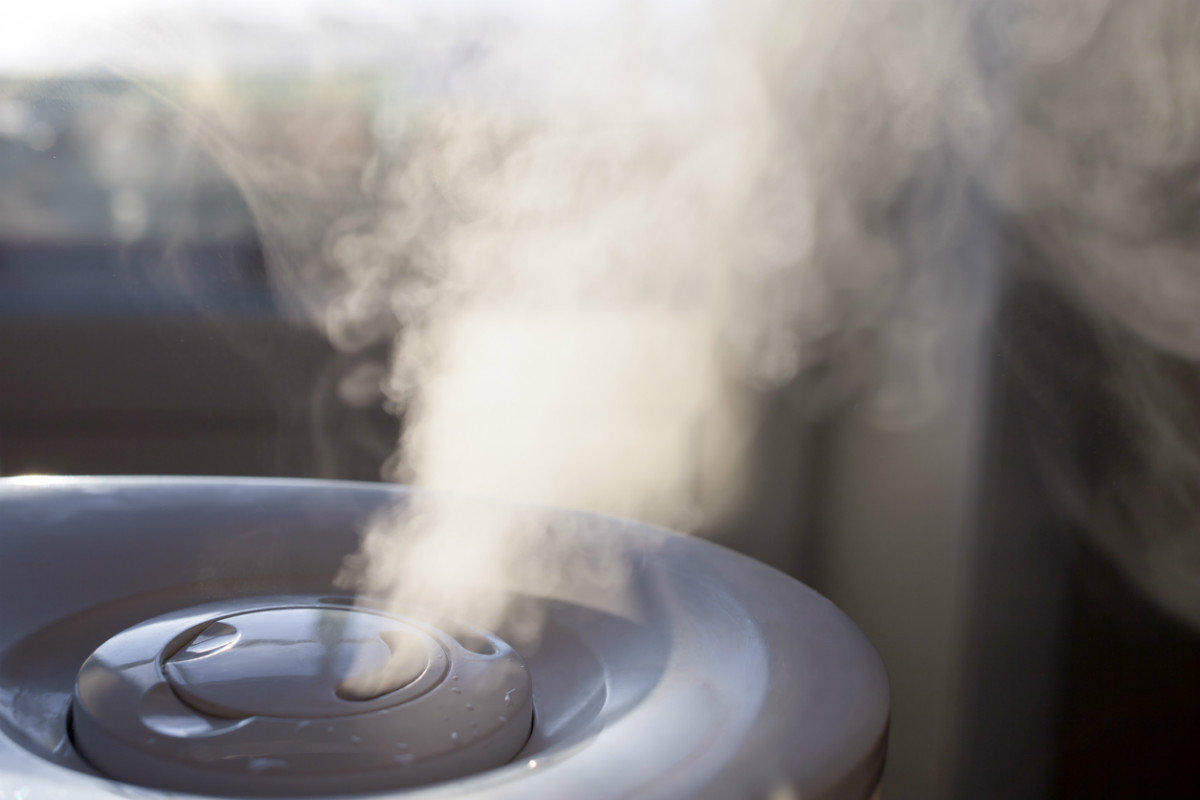April 19, 2017

Humidity is one of the top factors that can affect the overall comfort level of a home.
Moreover, it can have an impact on the efficiency of the HVAC system. It is therefore important that homeowners maintain the right humidity levels in their homes. In this post, our St. Louis HVAC technicians will explain why this is important and how it can be achieved.
Why is maintaining ideal humidity levels important?
Proper humidity levels are essential for the efficient working of your HVAC system. Having the ideal humidity level can ensure that your system functions in the way it is intended to – that is, it cools the air in the summers and heats it in winter.
Secondly, managing ideal humidity conditions will ensure that you and your family live in a comfortable environment that is free from impure air. Without correct humidity management, residents can become susceptible to a host of respiratory diseases, allergies, and chemical reactions.
Additionally, improper humidity levels can even affect the physical interior and exterior of a home. For example, too much moisture can lead to a damp environment that, over a period of time, can attract termites and other insects and could potentially damage the walls of the house.
Problems associated with low and high humidity
Low and high humidity can both prove to be detrimental. Below are some of the issues that both can present.
Achieving ideal humidity
An air conditioning system helps remove moisture from the air. However, this might not always be possible due to factors such as outdoor climate, temperature preference, and the amount of activity inside the house.
According to some sources, the humidity level ranges in a home are as follows –
- Recommended optimum humidity levels is between 45% and 55%.
- Comfortable humidity levels range between 30% to 60%
- High humidity levels range from 55% to 80%
Most HVAC systems cannot work alone to maintain ideal humidity levels in the home. Additional humidification systems and equipment are often required depending on whether the issue is low humidity or high humidity.
Using a humidifier in low humidity, colder conditions
When your system heats your home during the winter it may tend to dry up the air causing low humidity problems. Using a humidifier ensures that the problems related with low humidity such as the growth of viruses and germs, susceptibility to respiratory illnesses and colds, static electricity shocks, development of cracks furniture, chipping paint, brittleness in paintings and dry air are kept at bay.
Using a dehumidifier in high humidity warm conditions
Too much humidity that causes mold growth, rot on furniture, uncomfortable indoor air, and wet insulation can all be avoided by using a dehumidifier that will remove excess moisture from the air.
Controlling the humidity in your home
If you have additional questions about maintaining the humidity level of your St. Louis home or are in need of HVAC service or repair, give our team a call today at (314) 756-9444!
